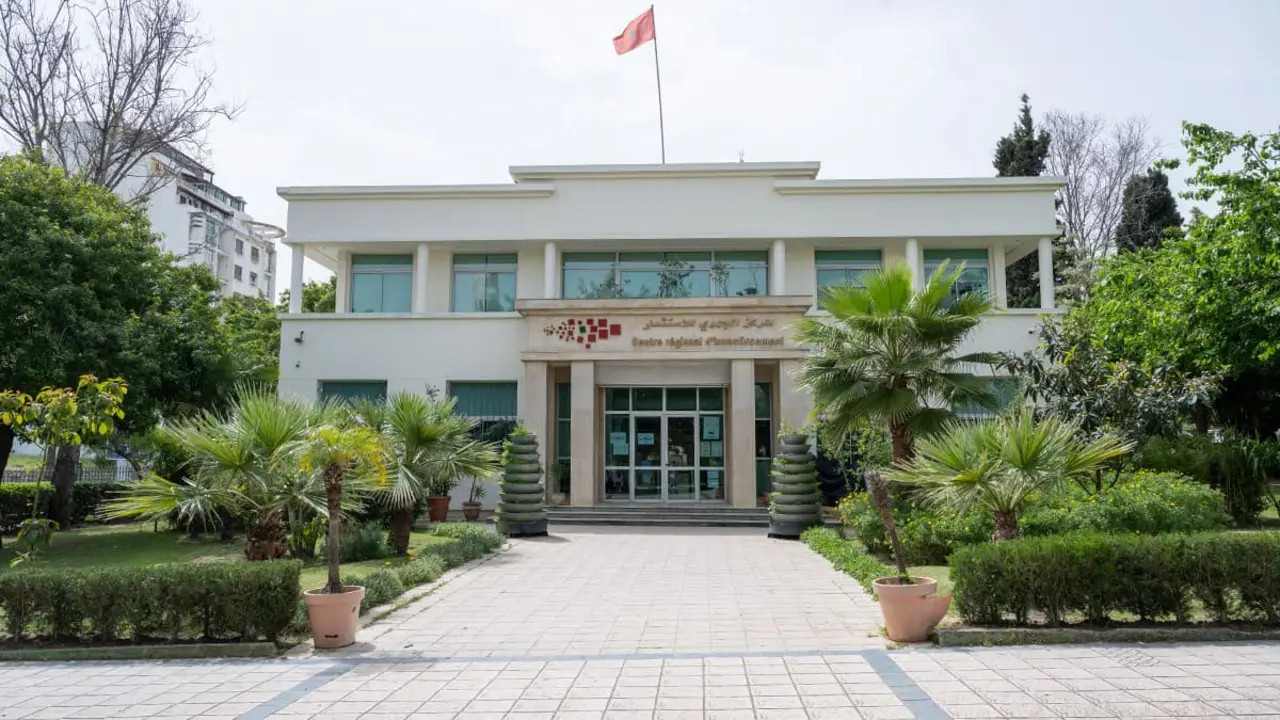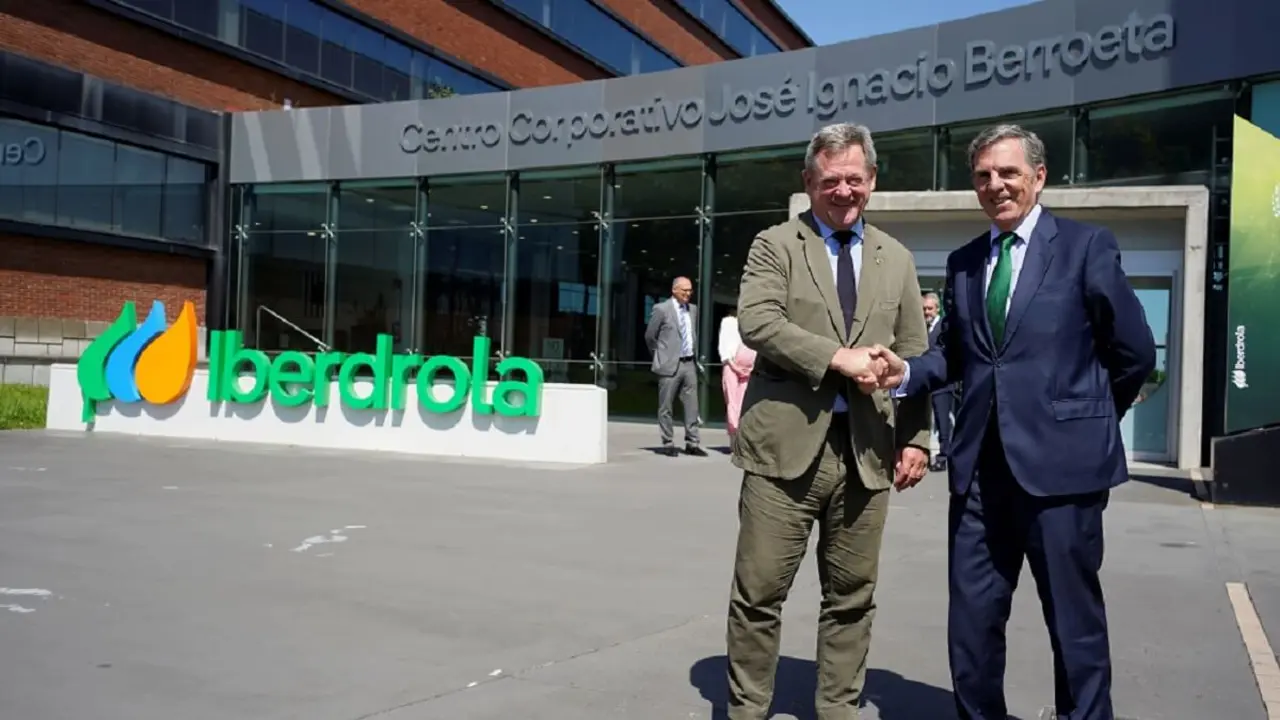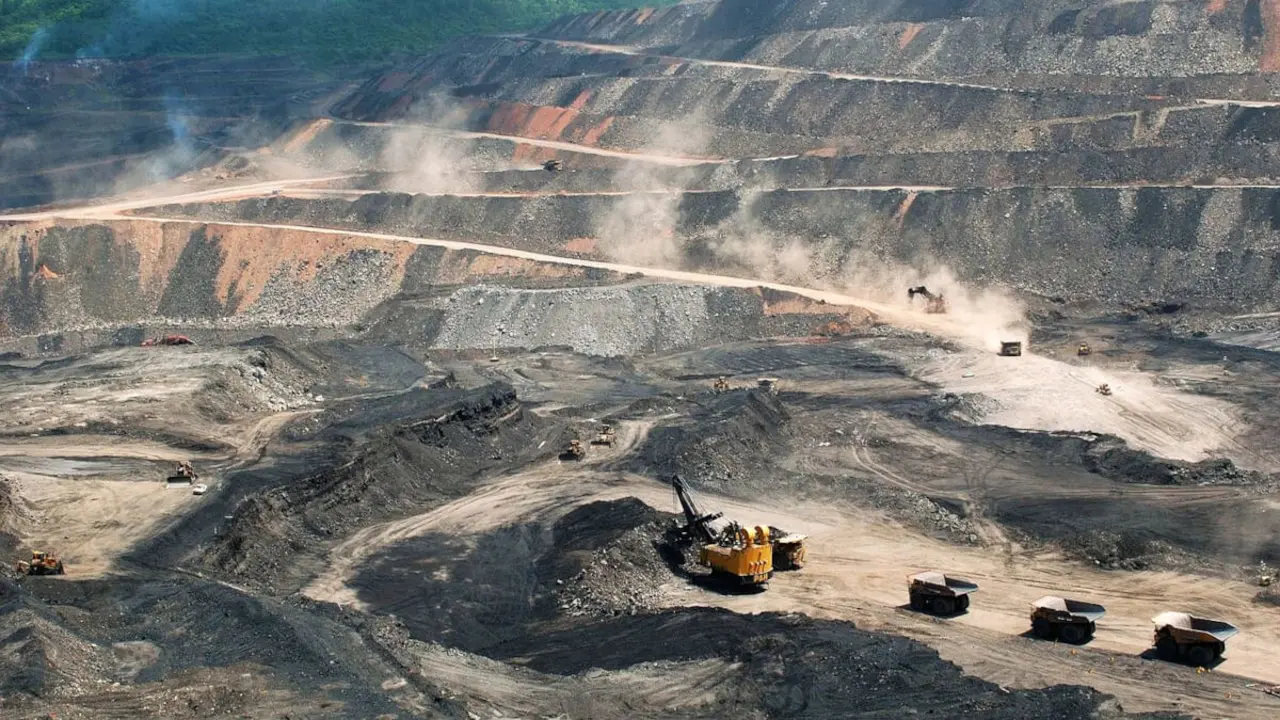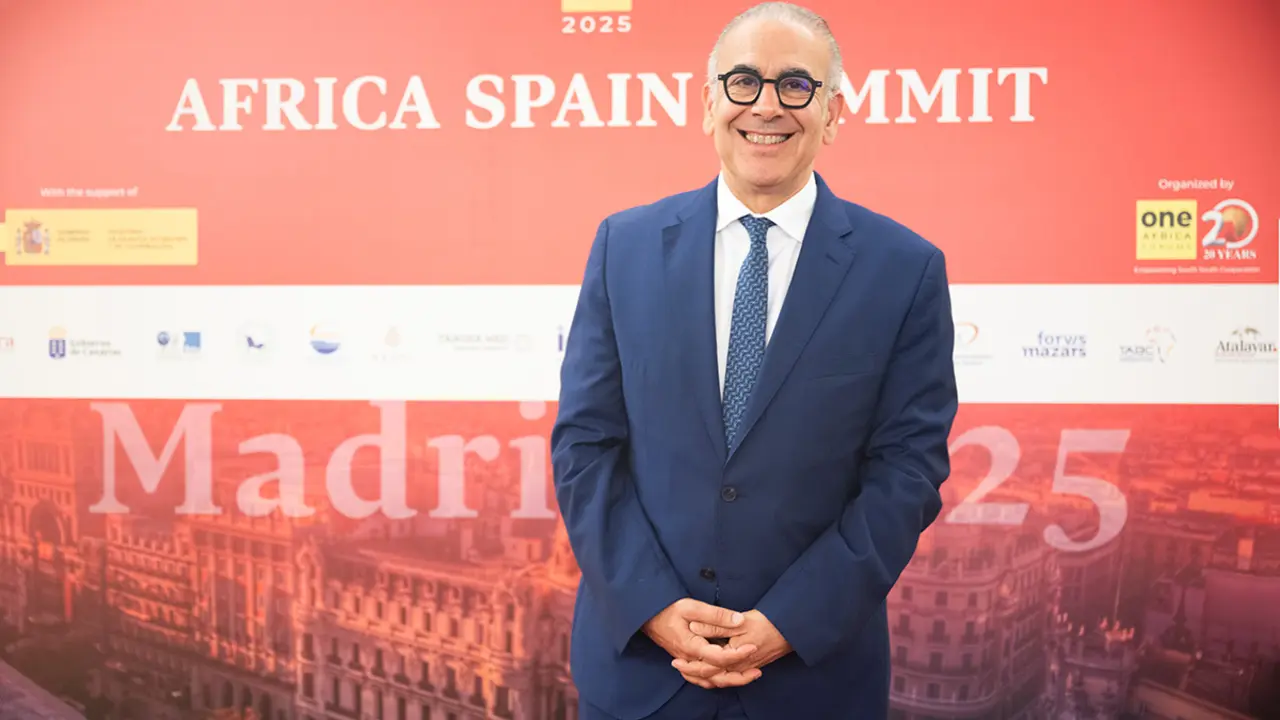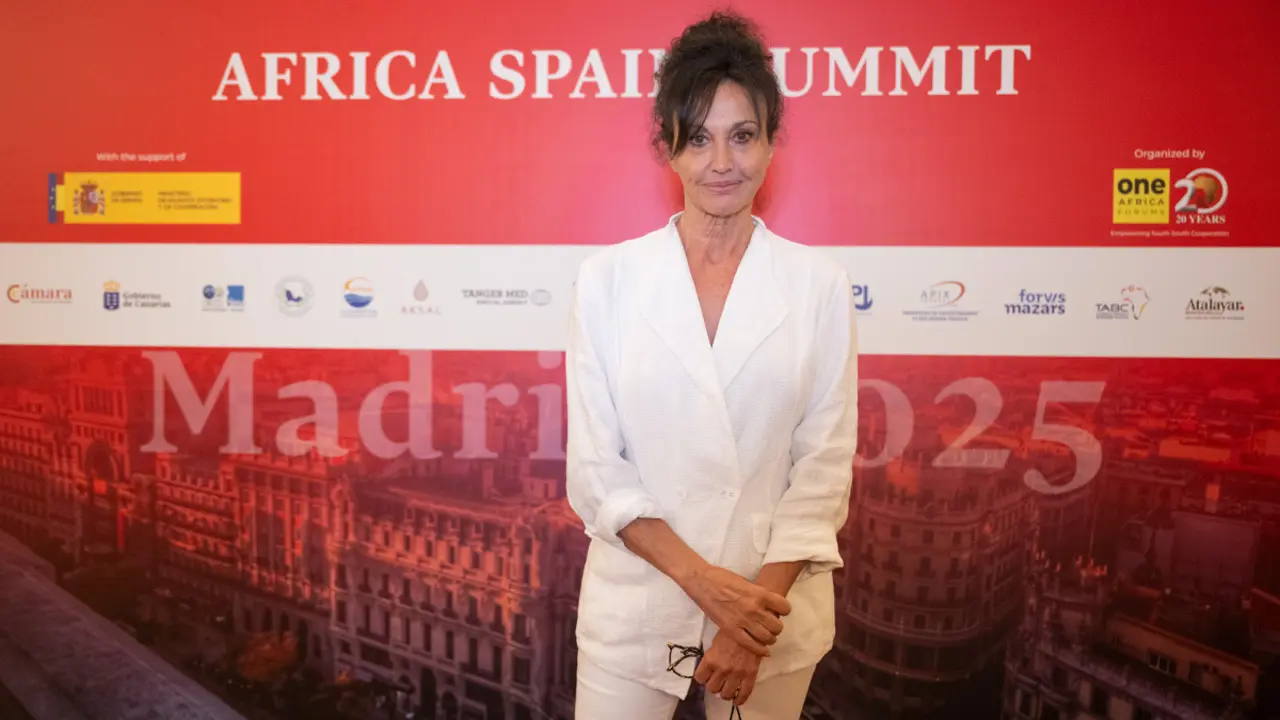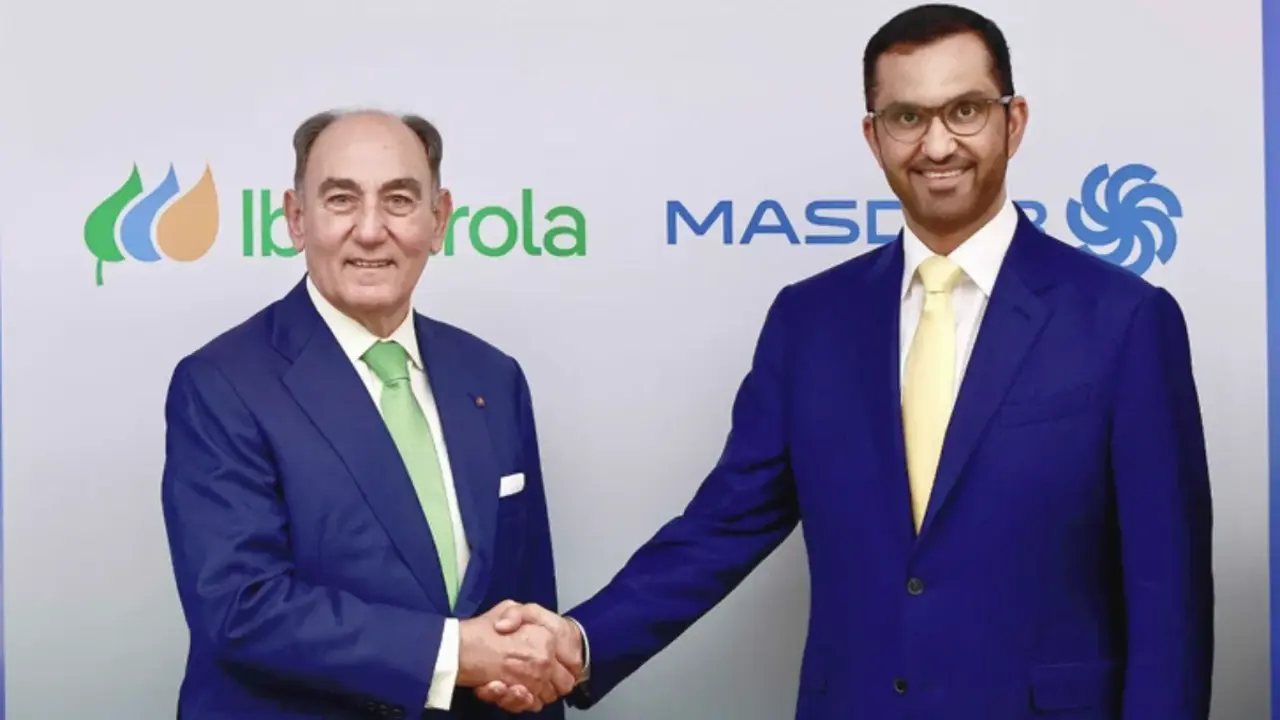Morocco, the gateway to Africa for Spanish investors

Barely a month before the next Africa Spain Cooperation Summit, its organisers, One Africa Forums, held an online conference focused on the investment opportunities that this continent offers to Spanish entrepreneurs.
Under the title "Spain - Why Africa Today?", the conference was attended by the director of Atalayar, Javier Fernández Arribas; Elena Sevilla, from the firm Andersen; José Miguel Zaldo, businessman and former president of the CEOE's Spanish-Moroccan Business Committee; Abdou Souleye Diop, managing partner of Mazars; and David Garay, managing partner of Indegate Consulting, who acted as moderator.

The guests valued the importance of the Focus Africa 2023 Plan, promoted by the Spanish government to foster institutional and private relations between Spain and African countries. From his decades of experience living in Africa, José Miguel Zaldo pointed out that "giving value to Africa is the greatest and most important response that Europe can have. Doing nothing can mean that it ends up becoming a threat, and an opportunity is always preferable. My objective in this case is to do the same as I did in Morocco: to bring sustainable investment to African countries".
In Abdou Diop's opinion, "although Spanish companies are somewhat behind in their approach to Africa, it is never too late, or better late than never. This is a good time, because there is a lot to be done after the paralysis caused by the pandemic. More and more people are convinced that Africa is a priority for Europe and, specifically, for Spain. We have seen how relations between Spain and Morocco have improved a lot in recent times, with institutional visits and contacts at the highest level. This is good news, and we must move forward and design a strategy for the rest of the continent".

Javier Fernández Arribas stressed that "at Atalayar we have provided in-depth information on this strategic plan of the Spanish government, always taking into account the peculiarities of each country. Undoubtedly, it is very positive that there is a global impulse for development, such as the one Morocco is carrying out, and that Spanish businessmen are beginning to approach our closest neighbours to the South. Moreover, the stability of Africa is our ethical responsibility and, at the same time, it is a very profitable opportunity".
From the Andersen law firm, Elena Sevilla drew an interesting parallel between the approach of Spanish businessmen to Latin American countries two decades ago, and what is happening now towards African countries: "it is true that Spain is a little behind in this respect with respect to countries such as China or France, but it is never too late to invest in this continent. The Spanish government's plan is very positive, because it provides companies with help and tools to invest".
Legal certainty
One of the key issues that concerns any businessman when it comes to investing in other countries is the legal security that exists there. In this respect, Abdou Diop pointed out that "in a continent as large as Africa, with 54 countries, there are some that are better destinations for investment than others, because they have a better business environment, greater connectivity with other markets, a developed service or industrial economy, and even because they have already gone through energy transitions. These countries, such as Morocco, are ready to be the locomotives".

For the director of Atalayar, "as we have been able to confirm in the meeting with Spanish and Moroccan businessmen that we have attended these days in Casablanca, there is a clear intention to invest here on the part of Spanish businessmen. The new Moroccan investment law has undoubtedly contributed to this, which is an important aid for attracting investment, increasing legal certainty and simplifying procedures. There are many sectors that are of interest to Spain and the objective is to create a business platform that extends from Vigo to Dakhla. The Sahara region offers very interesting opportunities, with a new port and many possibilities in terms of renewable energies. It is important, because many Spanish companies want Morocco to be their platform to make the leap to other African countries".
Sectors of interest
As for the specific sectors in which Spanish businessmen can contribute, Elena Sevilla listed construction, renewable energies, desalination plants, tourist facilities and even some a priori less related to Africa, such as engineering, robotics and artificial intelligence.
Regarding the latter, José Miguel Zaldo, an engineer specialising in artificial intelligence, said that "it is going to be essential for the development of African countries. In ten years' time, sectors such as agriculture, health and water management will be much more efficient and cheaper than those in Europe. A health system can be designed in Africa that is more efficient, cheaper, more sustainable and more far-reaching than the European one".

According to Abdou Diop, "we must continue to promote investment by Spanish companies in Africa, in sectors such as water, desalination and hydroelectric plants, the agri-food industry, tourism and the hotel and catering industry. And there is a sector that has great potential in African countries, such as the sports industry, both in facilities and in technology or coaches"
Reticence
Another of the key issues when it comes to Spanish investment in Africa is to understand the reticence of Spanish businessmen. According to Elena Sevilla, "Spanish business leaders fear the traditional political instability of some countries or the lack of strategic investment plans. This also happened years ago in Latin America, but with the passage of time it has been overcome".

In the opinion of Javier Fernández Arribas, "the key is that those who have not come to Africa have many preconceived ideas, fostered by cinema and television, which need to be overcome, such as those of poverty and hunger. We in the media have a responsibility to report on the reality of these countries, which have a lot of potential for development. Many things are changing for the better in African countries, and Morocco is a good example of this. That is why we need to show Spaniards a true picture of what is happening in Africa on a daily basis".
In this sense, Abdou Diop asked that "we let Africans tell their part of the story. Morocco has been able to do this very well and that is why the business world trusts them. But the rest of us need to do better in terms of communication. Countries like Rwanda are trying. The key is to recognise that there are challenges to be faced, but the opportunities and benefits are greater. To do this, we must not hide the risks from investors and we must encourage the creation of African communication agencies".
The director of Atalayar concluded by encouraging Spanish businessmen to come to the Africa Spain Cooperation Summit, which will be held in Madrid between 6 and 8 July: "we are going to report on them, on the issues that are going to be discussed, with a very plural perspective, with the presence of many countries and very diverse sectors. It will be a very fruitful exchange of ideas".


